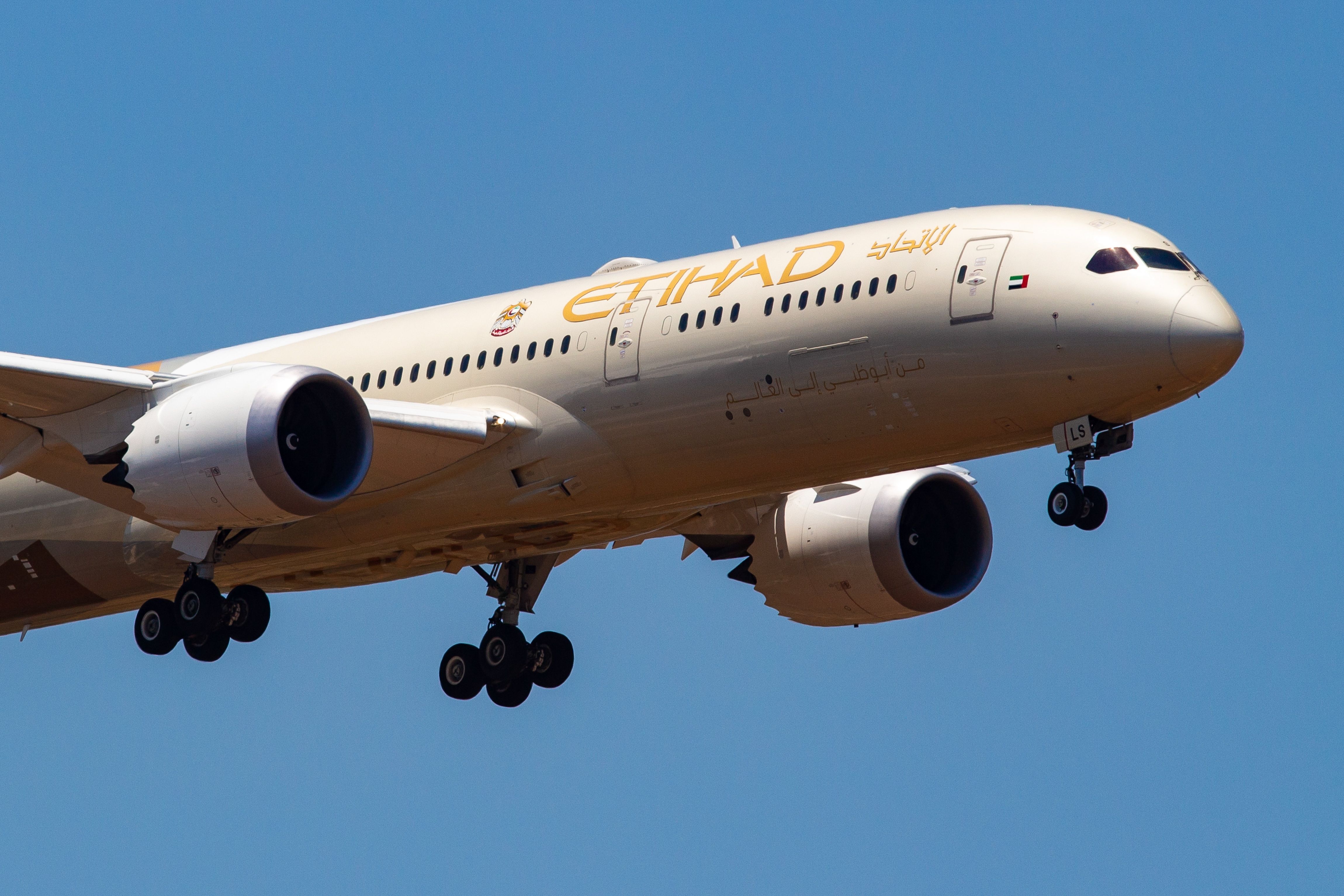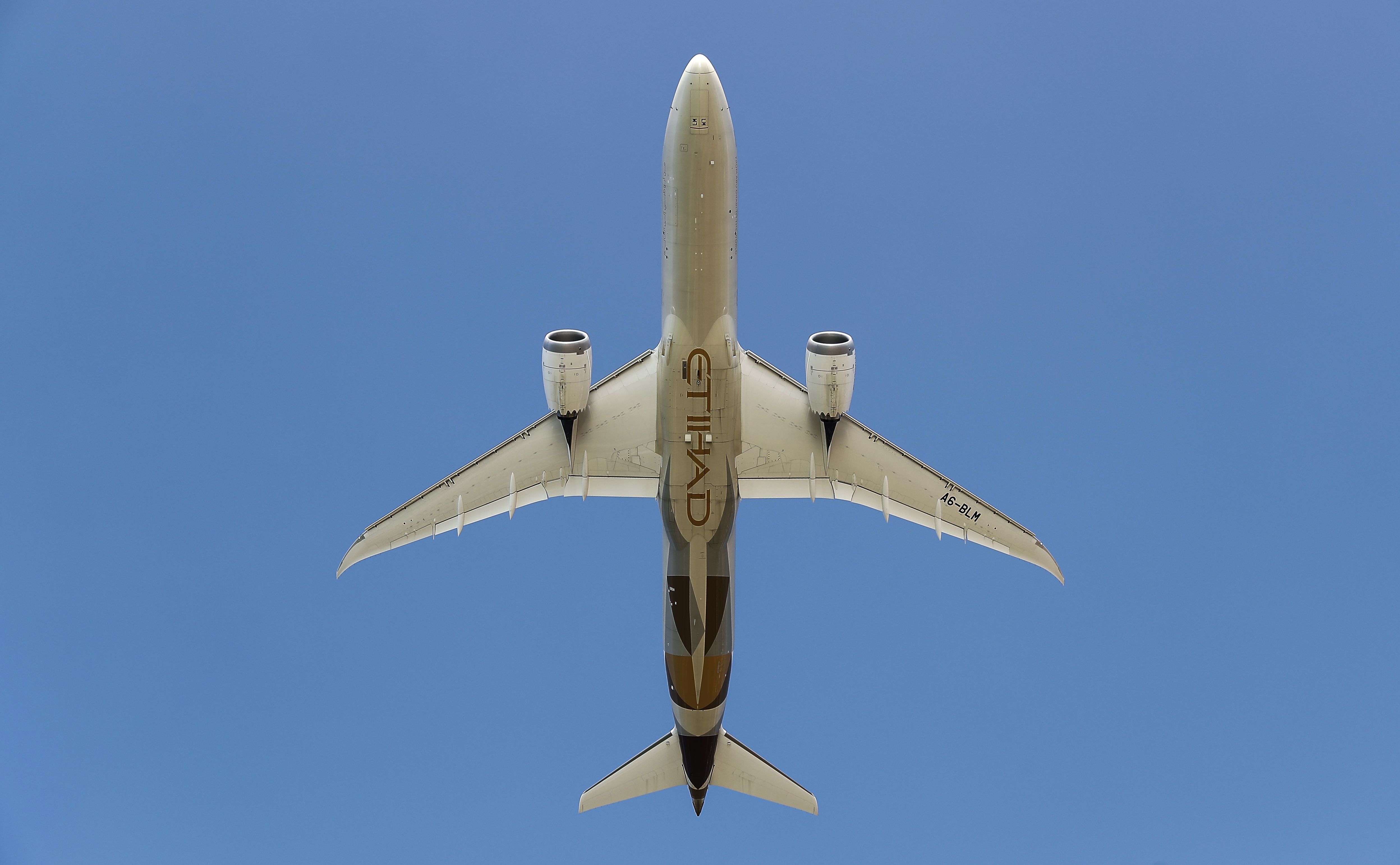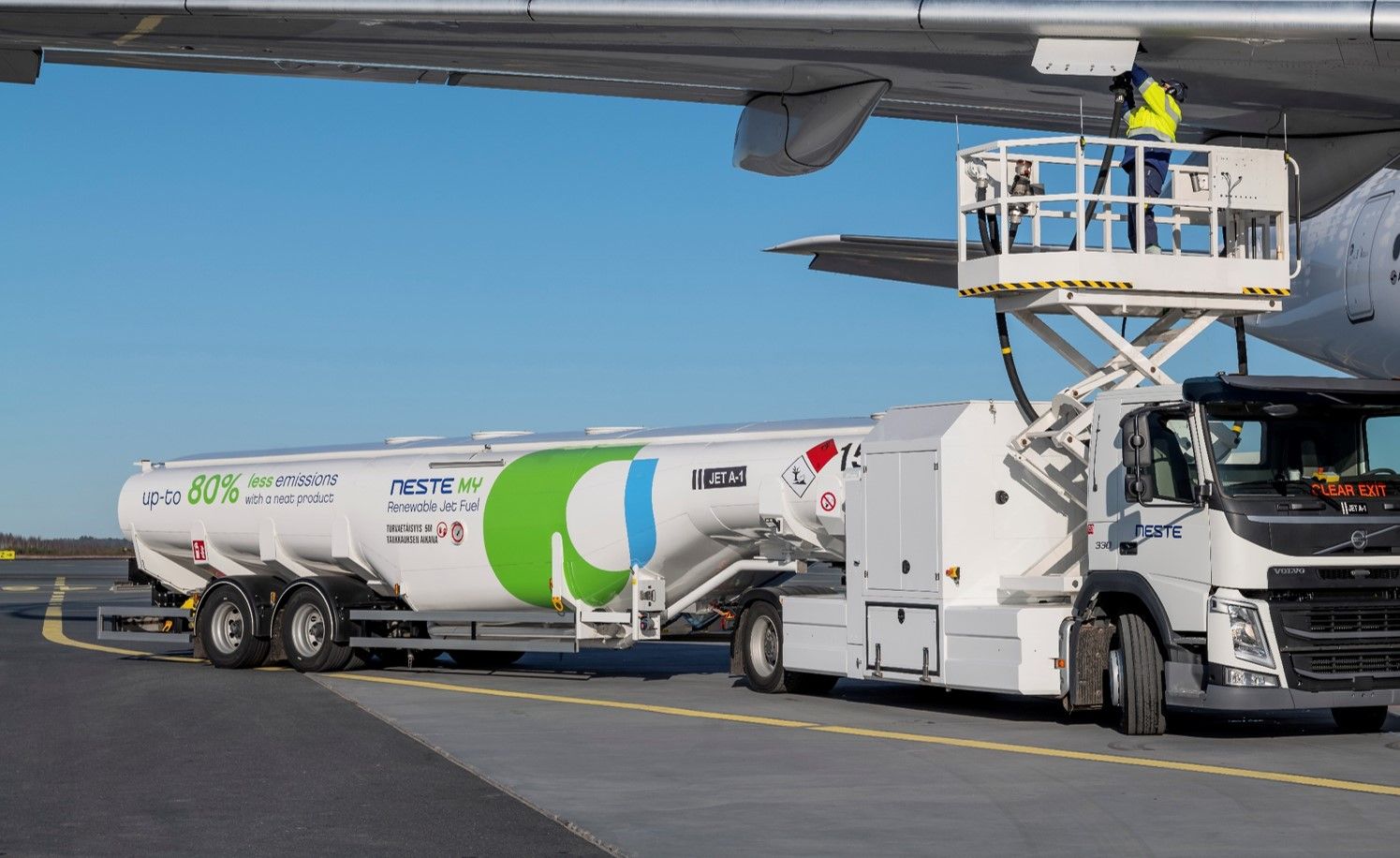Etihad Airways has become the first overseas airline in Japan to receive sustainable aviation fuel (SAF) at Narita International Airport. The milestone was announced by Finnish fuel provider Neste, which worked with Japanese corporation ITOCHU to make this happen. The occasion was a step towards achieving emission reduction goals of both Japan and Etihad, of which SAF is a crucial part.
SAF delivery to Etihad
On May 27th, Neste announced that Etihad Airways received Neste MY Sustainable Aviation Fuel (TM) at Narita International Airport, making it the first time that SAF was supplied to an overseas airline at an airport in Japan.
Based in Espoo, Finland, Neste has partnered with ITOCHU Corporation of Japan to grow the availability of SAF in the country. In the expanded partnership, ITOCHU acts as the branded distributor of Neste MY Sustainable Aviation Fuel, making it available first at the two largest Japanese international airports: Tokyo Haneda and Narita.
Sami Jauhiainen, Neste’s Vice President, Asia-Pacific, Renewable Aviation, commented,
“This delivery of our Neste MY Sustainable Aviation Fuel to Etihad is a major step forward in further growing the use of our sustainable aviation fuel in the Japanese market. Our partnership with ITOCHU aims to support domestic and international airlines as well as other fuel suppliers at Haneda and Narita International Airports in accelerating the adoption of SAF to reduce the carbon emissions of flying.”
Neste MY Sustainable Aviation Fuel is believed to reduce greenhouse gas emissions by up to 80%, in its neat form, and over the life cycle, compared to fossil jet fuel. It is made from sustainably sourced, 100% renewable waste and residue raw materials. As a drop-in fuel, it can be used with existing aircraft engines and airport fuel infrastructure, requiring no extra investment.
Etihad’s green push
Etihad has committed to achieving net-zero emissions by 2050 and reducing our 2019 emissions by 50% by 2035. Commenting on the airline’s aircraft receiving SAF in Japan, CEO Tony Douglas said,
“Our partnership with ITOCHU and Neste is an example of the type of industry collaboration that is required to bring widespread SAF adoption to the industry. We are extremely proud to be the first international airline to procure and use Japanese supplied SAF on flights departing Japan.”
The Middle Eastern carrier has undertaken several initiatives lately towards its goal of significant sustainable flying, including performing 42 “EcoFlights” in commemoration of Earth Day to raise industry awareness and participation in the drive for aviation decarbonization.
Some of the technology and processes tested during the flights included optimized flight paths, contrail prevention, and reduced flaps for landing.
Follow Simple Flying for all the latest aviation news.
The airline also has its Greenliner Program to support the identification and testing of sustainable technologies to help achieve its target of net-zero CO2 emissions by 2050.
About Neste
Neste is the world’s leading producer of sustainable aviation fuel and renewable diesel and has partnered up with various airlines (including United and Virgin Atlantic) for fuel supply. It works with the global aviation industry to achieve its emission reduction targets and is currently expanding its SAF production capacity to 1.5 million tons per annum by the end of 2023.
What are your thoughts on SAF? Please let us know in the comment section below.



